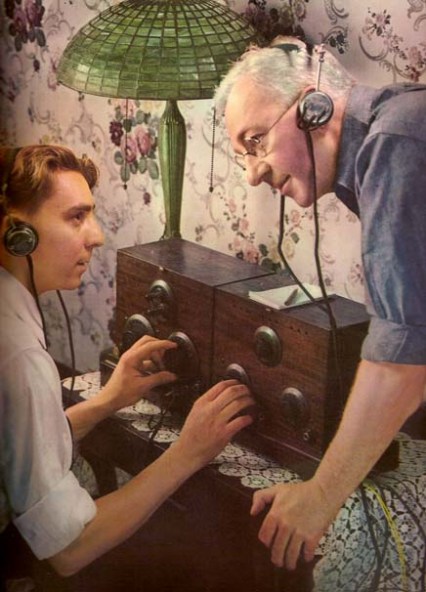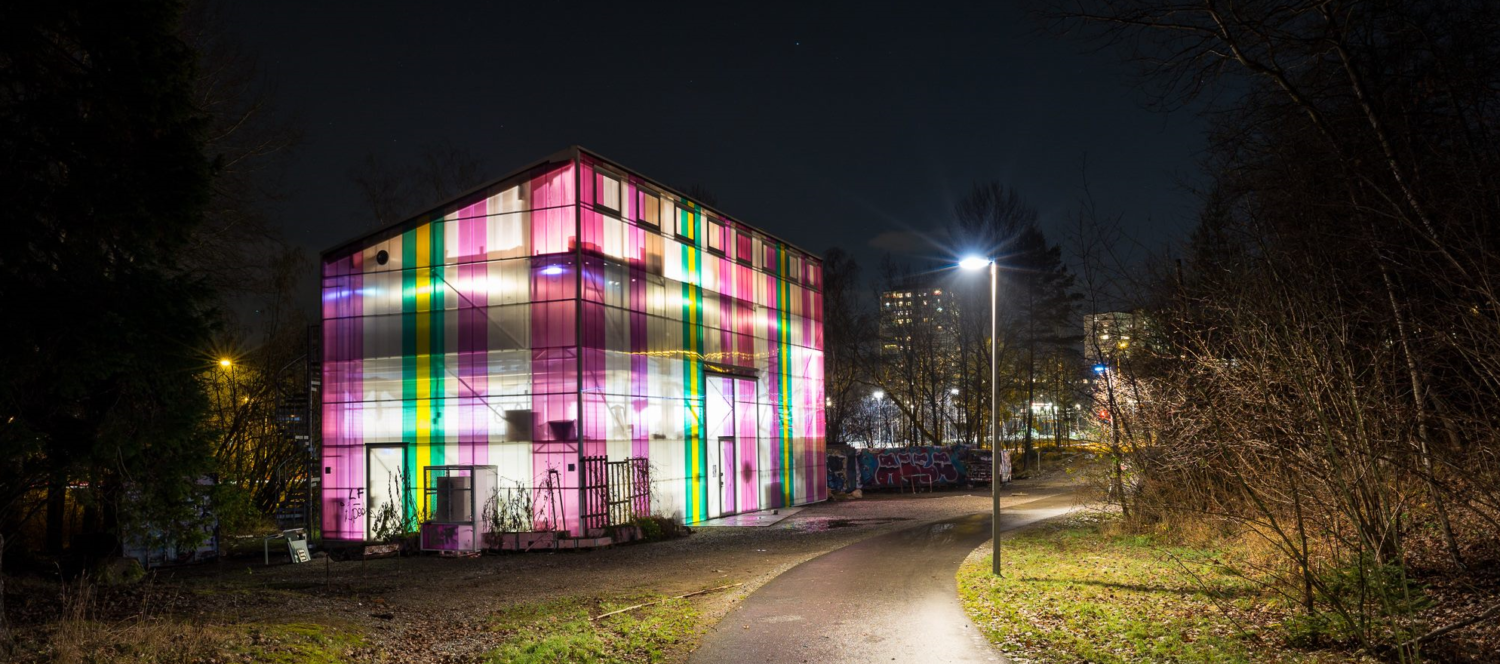 Swedish radio’s english speaking programme ”Radio Sweden” visited us a few weeks ago. Here is what came out of it.
Swedish radio’s english speaking programme ”Radio Sweden” visited us a few weeks ago. Here is what came out of it.
Three years ago someone threw a petrol bomb into a radical arts centre, which was supposed to host an anti-fascist meeting at the time. Luckily the meeting had been moved, and no one was hurt, but the arts centre, Cyklopen, was destroyed by fire. The centre is now slowly being rebuilt by volunteers, and after a year’s work the roof has just been raised.
The Cyklopen cultural centre has high ambitions – and radical ones too. But when it was burnt down it was defended by figures from the Swedish establishment. Sanna Rayman, writing an editorial in the conservative newspaper Svenska Dagbladet called the project a ”Swedish anomaly” of independence, and Per Gudmundson in the same paper called for support to rebuild the cultural centre, with Svenska Dagbladet putting in the first 500 kronor.
So, in the southern Stockholm suburb of Högdalen, Cyklopen (”the cyclops”) is rising, almost literally from the ashes, after collecting a total of 150,000 kronor i donations (almost US$ 23,000), and after over a year’s work by volunteers.
Viktor Marx is one of the spokespeople for the project. He says that too much of Swedish culture is bureacratic, with an implicit ”rules book” for what is allowed.
Up in the scaffolding is Tanya, one of the people involved in building the centre. What motivates her? ”I like to build” she says simply. She is working on the roof, moving the massive timber beams into place ready for the roof-raising.
Cyklopen hosts a legal graffiti wall, for people to practise painting. Facilities like this are seldom funded by public money; Stockholm’s city, has an official zero tolerance policy towards graffiti. Two people are painting. They only identify themselves by their ”crew names”. Bas and Gär. They are working together on a large piece – although they know that tomorrow some new painters may come and obliterate their masterpiece.
The Cyklopen building is now covered in waterproofing to survive the autumn and winter, but work continues – if the project survives. In early September the city’s planning rules were close to stopping the project. But the political parties on Stockholm’s cultural committe decided unanimously to step in and support Cyklopen.

